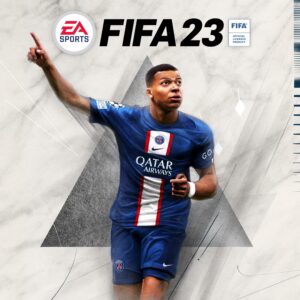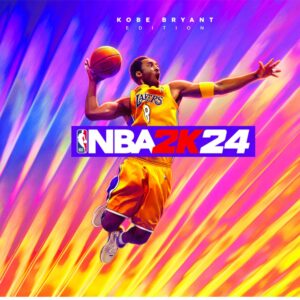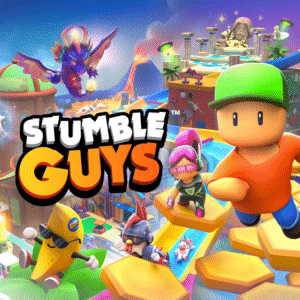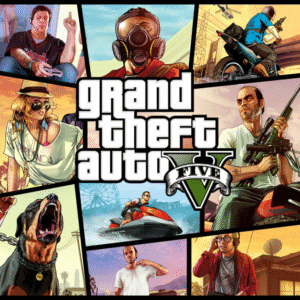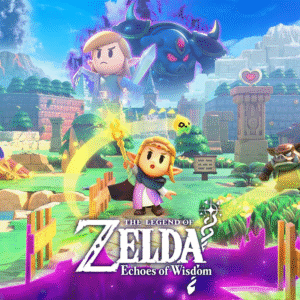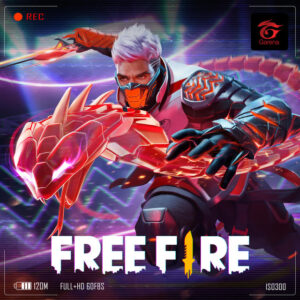Ex-Nintendo Marketing Heads Detail “Shellshocked” Reaction of Pokémon Developers to ‘Dexit’ Backlash
Popular Now
 Brawl Stars
Brawl Stars
 EA SPORT FC 25
EA SPORT FC 25
 BeamNG.drive
BeamNG.drive
 FIFA 23
FIFA 23
 R.E.P.O
R.E.P.O
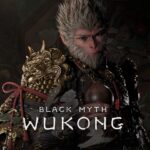 Black Myth: Wukong
Black Myth: Wukong
 Counter-Strike 2
Counter-Strike 2
 Call of Duty
Call of Duty
 Fortnite
Fortnite
 Minecraft
Minecraft
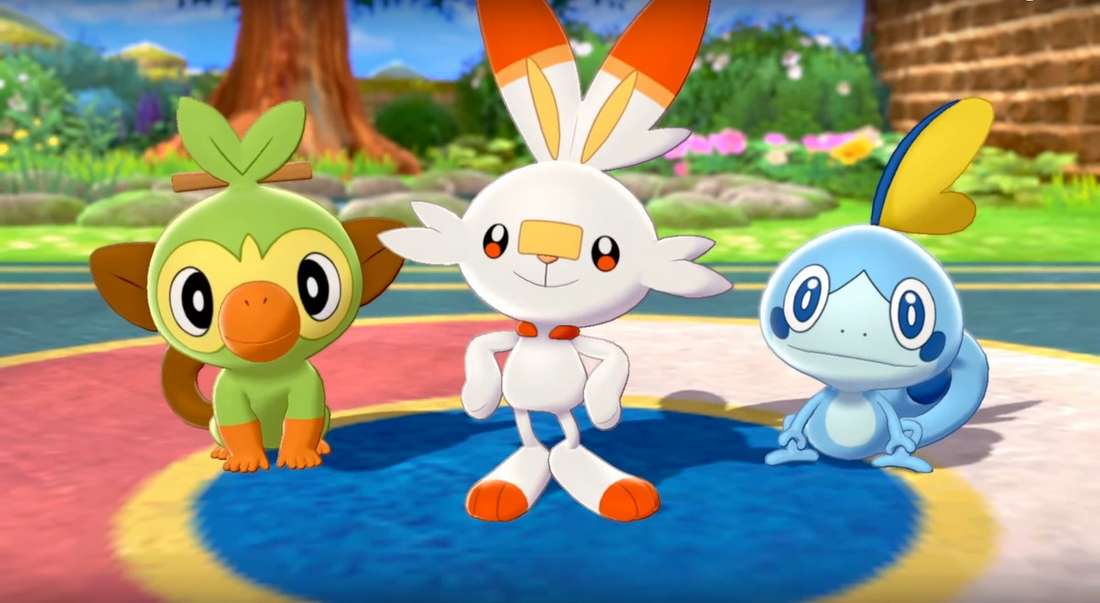
The Pokémon Company International and Game Freak faced an unprecedented crisis with the release of Pokémon Sword and Shield for the Nintendo Switch—a controversy now infamously known as ‘Dexit.’ New accounts from former Nintendo marketing leads reveal just how deeply the fan outrage shook the development teams, describing the developers as “very shellshocked” and “freaking out” as the issue proved “it wouldn’t go away.” This candid insight underscores the massive impact of the controversy on one of the world’s most lucrative gaming franchises and provides crucial context for the company’s subsequent game design decisions, which continue to influence modern Pokémon games like the eagerly anticipated Pokémon Legends: Z-A.
The core of the ‘Dexit’ backlash revolved around the decision to exclude a significant portion of existing Pokémon from the Galar region Pokédex, preventing players from transferring their entire collection from previous games—a staple feature since the series’ inception. For a brand that has consistently delivered high-revenue, high-CPC (Cost Per Click) games, this creative choice sparked an immediate and sustained torrent of negative sentiment across social media, forums, and gaming news outlets.
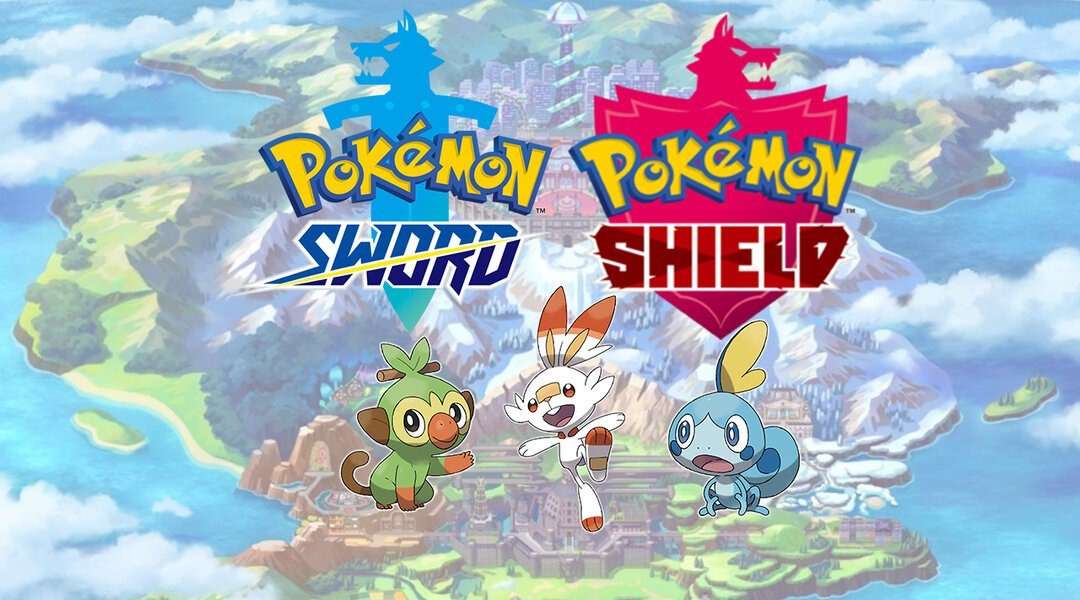 The Anatomy of a Crisis: Why ‘Dexit’ Struck a Nerve
The Anatomy of a Crisis: Why ‘Dexit’ Struck a Nerve
The marketing team’s observation that the developers were “freaking out” highlights the unexpected severity of the public reaction. Industry analysts suggest the controversy was particularly potent because it undermined a fundamental, emotional contract with the Pokémon player base—the promise of catching them all and carrying beloved companions forward. The official explanations provided by Game Freak at the time, citing the need to create higher-quality 3D models and animations, were quickly scrutinized and largely rejected by the community when datamining suggested a substantial reuse of existing assets.
The crisis reached a peak point that top marketing agencies would study for years: a massive, organized digital protest using the “Dexit” moniker, a clever nod to the political turbulence of Brexit, that became a persistent, high-volume search term. The inability for the brand’s extensive PR machine to quickly quell the backlash indicated a fundamental disconnect between the developer’s perception of the feature cut and the fans’ emotional investment in the National Pokédex concept.
- Core Player Investment: The cut affected players who had invested years in collecting and transferring their entire ‘living Pokédex.’
- Perceived Lack of Quality: The graphical and performance issues in Sword and Shield, despite the claimed focus on quality, exacerbated the anger.
- Franchise Tradition: The decision broke a long-standing tradition of forward compatibility, a unique selling point of the Nintendo IP.
Marketing in the Crosshairs: The Brand Damage and Sales Reality
Despite the unprecedented negative press and calls for a boycott, Pokémon Sword and Shield still became one of the best-selling games on the Nintendo Switch, proving the brand’s immense commercial resilience. However, the internal turmoil detailed by the ex-Nintendo staff confirms the controversy was not a minor blip. The sustained negative press impacted brand perception, particularly among long-time, high-engagement players, a critical demographic for the brand’s secondary markets, including the Pokémon Trading Card Game (TCG) and Pokémon GO.
The development team’s “shellshocked” state likely influenced the strategy for subsequent releases. The pivot to the Expansion Pass format for Sword and Shield, which eventually reintroduced some of the missing Pokémon, was a clear attempt to mitigate the damage and recapture lost goodwill, a business move that proved incredibly profitable and has been replicated in later titles like Pokémon Scarlet and Violet.
Furthermore, this internal panic may have been a catalyst for greater innovation and risk-taking in recent years. The subsequent success of Pokémon Legends: Arceus, a title that radically altered the core gameplay loop, demonstrated a willingness to explore new formats. This latest information suggests that this desire for a fresh direction was born, in part, out of the high-stakes pressure cooker created by the ‘Dexit’ fallout.
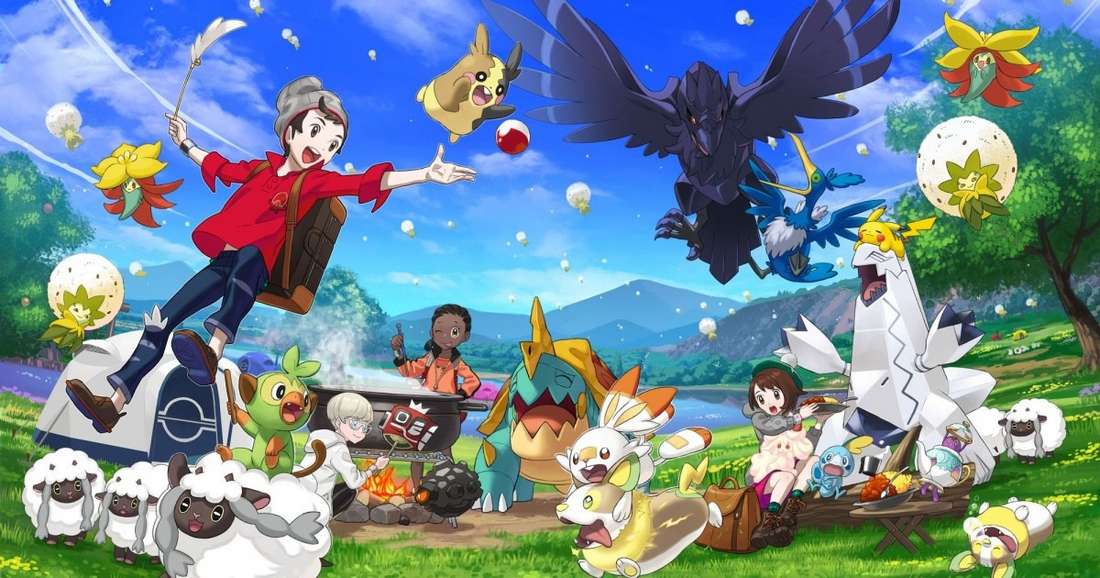 Looking Ahead: The Lingering Shadow on New Releases
Looking Ahead: The Lingering Shadow on New Releases
The shadow of ‘Dexit’ continues to loom over current and future projects. As the global gaming market anticipates the launch of Pokémon Legends: Z-A, there is constant scrutiny over every announced feature, from the overhauled combat system to the roster inclusions. Ex-Nintendo staff have already predicted that the significant changes in Legends: Z-A—which some believe fundamentally shifts the battle dynamic—may face resistance from a fanbase still reeling from the Sword and Shield era, which they describe as being “very resistant to change.”
Game Freak’s current challenge is twofold: to innovate sufficiently to retain a modern, cross-platform audience while simultaneously respecting the core tenets of the franchise that the longtime players value. The experience of the developers feeling “shellshocked” serves as a stark reminder that even the largest media franchises are not immune to fan power and that the perceived quality of a game is now intrinsically linked to transparent communication and respect for player history. Future leaks, which allegedly detail modest development budgets for upcoming titles like the rumored Pokémon Wind and Waves, only intensify the ongoing debate about the balance between rapid release cycles and AAA game quality.
In conclusion, the raw emotional reaction of the Pokémon developers to the ‘Dexit’ controversy, as revealed by former Nintendo marketing executives, is a crucial piece of gaming history. It confirms that the digital backlash was a genuinely traumatic event for the creators, forcing a major re-evaluation of brand strategy and game development priorities that continues to shape the future direction of The Pokémon Company’s highest-grossing titles and their attempts to balance mass-market appeal with the demands of their dedicated core fanbase. The long-term CPC value of the brand remains astronomical, but the lesson learned is clear: tradition and fan sentiment hold significant weight in the modern video game economy.
